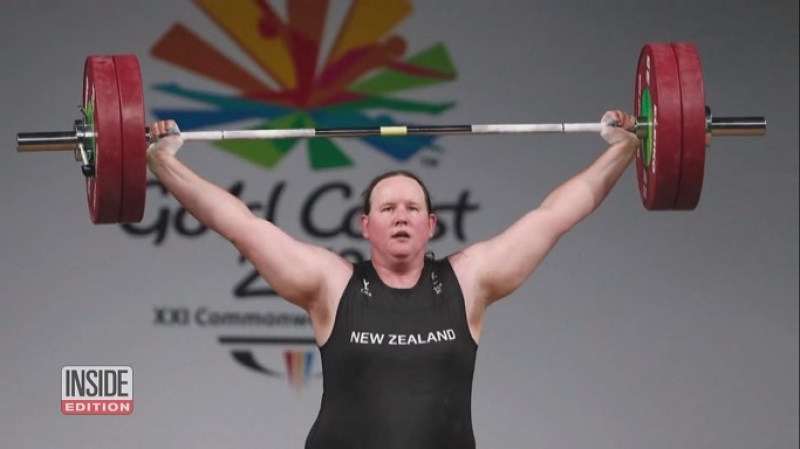
Following the announcement that a transgender athlete will be competing against women in the upcoming Tokyo Olympics, evangelist Rev. Franklin Graham said that the Olympics should be ashamed of themselves for not "respecting and protecting women's sports."
"It took decades upon decades for women to expand opportunities in athletics," the Reverend wrote on Facebook.
He went on to explain that Kuinini Manumua, a 21-year-old weightlifter from New Zealand, was denied the chance to represent her country in weightlifting because a biological male who self-identifies as a woman took her place. It has already been reported that the transgender weightlifter participated in contests designated for men.
"This is unfair and just wrong. A female competitor from Belgium said, 'Life-changing opportunities are missed for some athletes-medals and Olympic qualifications-and we are powerless.' This is sad and a major step back for women's athletics," Graham pointed out.
Fox News, which covered the news to which Graham objected, reported that Laurel Hubbard (born Gavin), the first transgender athlete to participate in the Olympics, qualified for the women's super-heavyweight category by lifting 628 pounds in two lifts.
When the International Olympic Committee amended its regulations in 2015, as reported by BBC, it made it possible for transgender athletes to participate as long as their testosterone levels remained below a specific threshold for a year.
Fox noted that the deciding factor - a maximum testosterone concentration of 10 nanomoles per liter - is at least five times that of a biological woman.
This is Kuinini "Nini' Manumua, the woman who was ultimately displaced by inclusion of Laurel Hubbard.
She's 21, and it would have been her first Olympics. pic.twitter.com/l8RH0q0njz
"” Emma Hilton (@FondOfBeetles) June 21, 2021
As reported by The Guardian, several recent research have shown that the strength acquired during male puberty may persist for a long time.
When comparing male and female weightlifting performance, scientists Emma Hilton and Tommy Lundberg discovered that males had a 30% edge in performance. Despite the fact that transgender women suppressed testosterone for a period of 12 months, their study found that they lost just around 5% of their lean body mass, muscular area, and strength.
According to report, Hubbard's inclusion has already sparked strong disagreement, with some claiming that it has resulted in the exclusion of Kuinini Manumua, a 21-year-old Tongan weightlifter who would have otherwise qualified for the Olympics.
Prior to transitioning, Hubbard had been living as a man for 35 years and had not competed in international weightlifting. Since then, she has gone on to win a number more top championship.
Part of Hubbard's qualification for the Games in Tokyo is due to changes made to the International Olympic Committee transgender guidelines in 2015.
Kereyn Smith, the chief executive of the New Zealand Olympic Committee, said that it is obvious that Hubbard has fulfilled all of the requirements to participate in Tokyo.
"We acknowledge that gender identity in sport is a highly sensitive and complex issue requiring a balance between human rights and fairness on the field of play," Smith added. "As the New Zealand Team, we have a strong culture of manaaki (hospitality) and inclusion and respect for all."
According to Anna Van Bellinghen of Belgium, who would most likely compete against Hubbard, the New Zealander's participation in the competition would be "like a bad joke" for the women athletes.
Van Bellinghen said that her remarks were not intended as a personal attack on Hubbard. She only wanted to point out that "anyone that has trained weightlifting at a high level knows this to be true in their bones: this particular situation is unfair to the sport and to the athletes."




















